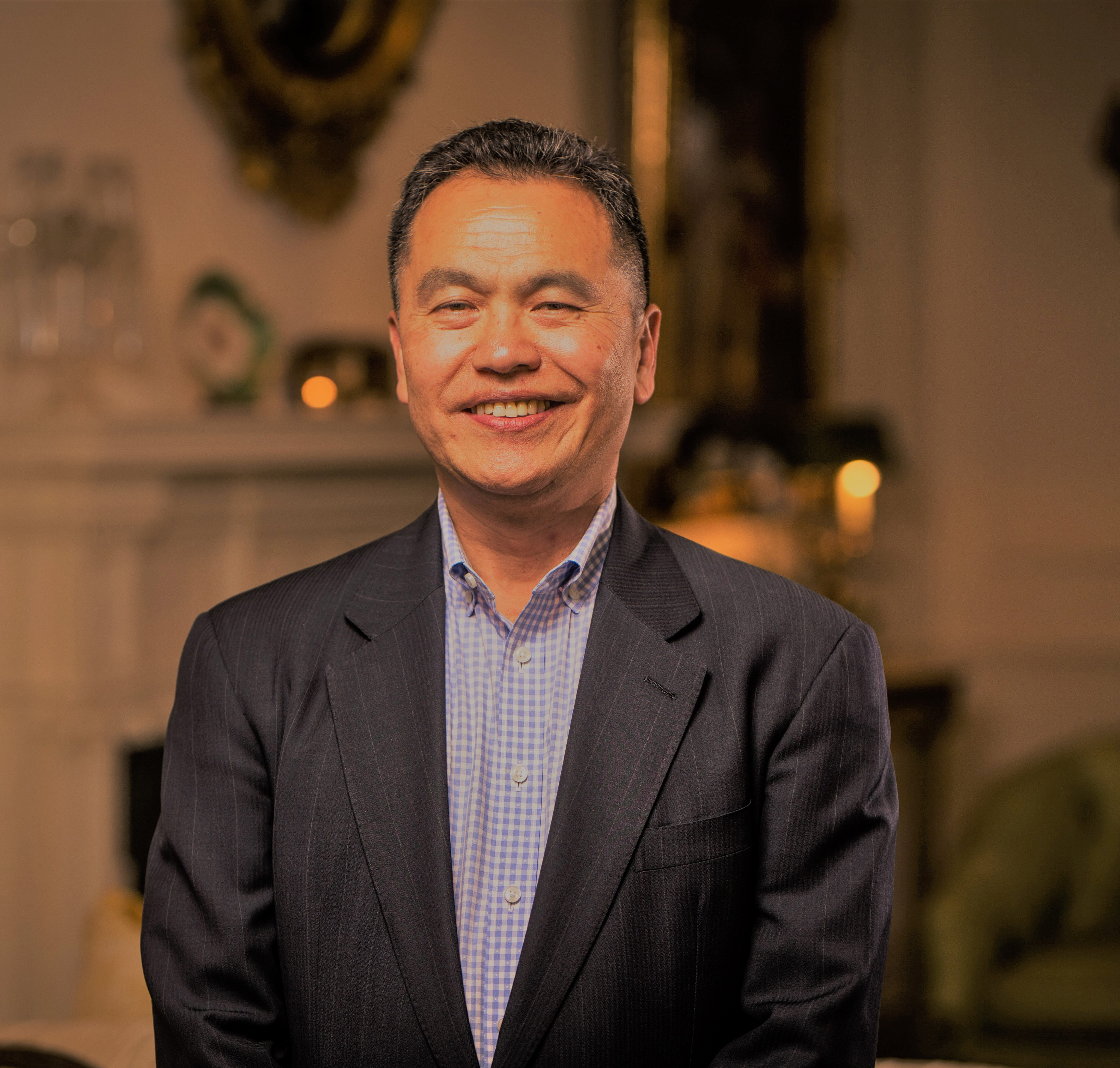We have 25 partners, all former operators, including the former head of Microsoft federal sales, the CFO of a multi-billion-dollar public company, and many serial entrepreneurs. I particularly want to mention the cyber seed investment program we started about eight years ago, because with those companies, today, they could be too early, and tomorrow, we could be too late. So, we develop a cyber seed and we can develop partnerships with entrepreneurs in early stages.
Welch: What is your assessment of the cyber capital landscape in Virginia?
Chen: We consider Virginia a premier cybersecurity hub in the whole nation. When we started the cyber seed investment program, we did a survey. We concluded that, in particular, Northern Virginia has a concentration of talent from federal agencies, et cetera, and also the benefit of proximity to the Fortune 1 customer, the federal government. Virginia state government and many of the counties are business friendly, and they have cyber-friendly policies.
So now, we have a concentration of cybersecurity startups. We have some funding with local investment partners, but overall, we still lag behind Silicon Valley and Boston in cyber capital volume. But we think we’re attracting investors from outside the area. We have several investment firms that do co-investments with us, and they say, “Hey Blu, we would like to co-invest with you in your backyard.” So, we hope this trend will continue and expand so we can support our local startups better.
Welch: You hit on this a little bit, but what advantages outside of funding does the Commonwealth offer cyber companies?
Chen: There are several state initiatives. For example, Mach 37 has been a great accelerator that created many successful cyber companies. The Commonwealth Cyber Initiative helps with building talent, sponsoring researchers and universities. We look at co-investment from state government. We also look at the space like a co-workspace, with accelerators from the counties.
The last one is proximity to customers. In the last few years, we’re seeing federal regulation drive commercial cyber market development. For example, the concept of supply chain software bill of materials started a few years ago, and that’s going to be more and more important. I just heard last week that Silicon Valley startups are coming into Washington. In one way, there’s more opportunity in the federal space, but it could mean more competition. So, we will see.
Welch: What do companies like yours look for when you’re making investment decisions? And as you’re thinking about those factors, where do Virginia companies tend to rate the highest?
Chen: We publish our 5T guidelines, and its most important factor is the team. For the CEO, we prefer someone who knows what to build, how to build, and how to sell. That’s the team. The second T is the TAM, the total addressable market. We would like to see a big TAM, and also know how they go to market.
The third one is traction. Do they have a minimum viable product? Do they get customer revenue? The fourth one is technology. Do they have a proprietary edge? Do they have entry barriers? Are they scalable? And the last T is the terms. Are they asking for a market or attractive valuation? Are they investor friendly? Those are how we look at deals.
From what we have seen in Virginia, usually, startups are heavy in technology and TAM because they could be cyber warriors, or they have been involved with cyber for decades. They know the needs of the market, and they’ve been doing it for many years, so they’re strong in technology. Many of them have federal R&D funding, and many of them have service backgrounds.
Welch: What do you see happening in the cyber space nationally in the near future?
Chen: One is AI-enabled cybersecurity. The majority of our portfolio companies are using AI, and they have demonstrated significant savings in manpower. We haven’t seen it, but we anticipate the capability enhancement will happen maybe in 12 months, if not sooner. The second one is cybersecurity for AI. It would be a disaster if adversaries or criminals find a way to attack the AI infrastructure.
We also see strong demand in identity and assets management. We have been very successful with ID.me in the space. The next one is post-quantum security — we anticipate many companies will use post-quantum, and we hope some of them will come out with unique solutions. The last one is consolidation of cybersecurity startups. We see that in our portfolio. More mature companies are asking, “How can I grow? How can I bring in new capability?” So, maybe they will look at a younger startup.
Welch: Which of those national trends do you anticipate as the greatest opportunity for Virginia?
Chen: One area I can think of is the connection of cloud and AI. Northern Virginia has a significant cloud data center presence, so we have many researchers or practitioners who understand cloud infrastructure. I have heard the Navy wants to have zero-trust from the cloud for scalability, and I think Northern Virginia has a unique position here.
Welch: Steven, thank you so much for your perspective and your time. We really appreciate you speaking with us today.
Chen: Thank you very much. Blu Venture has a history of collaborating with the state of Virginia and the counties, and we look forward to investing in more startups in the Commonwealth. We also look forward to the opportunity to develop a cybersecurity brand in Northern Virginia.





